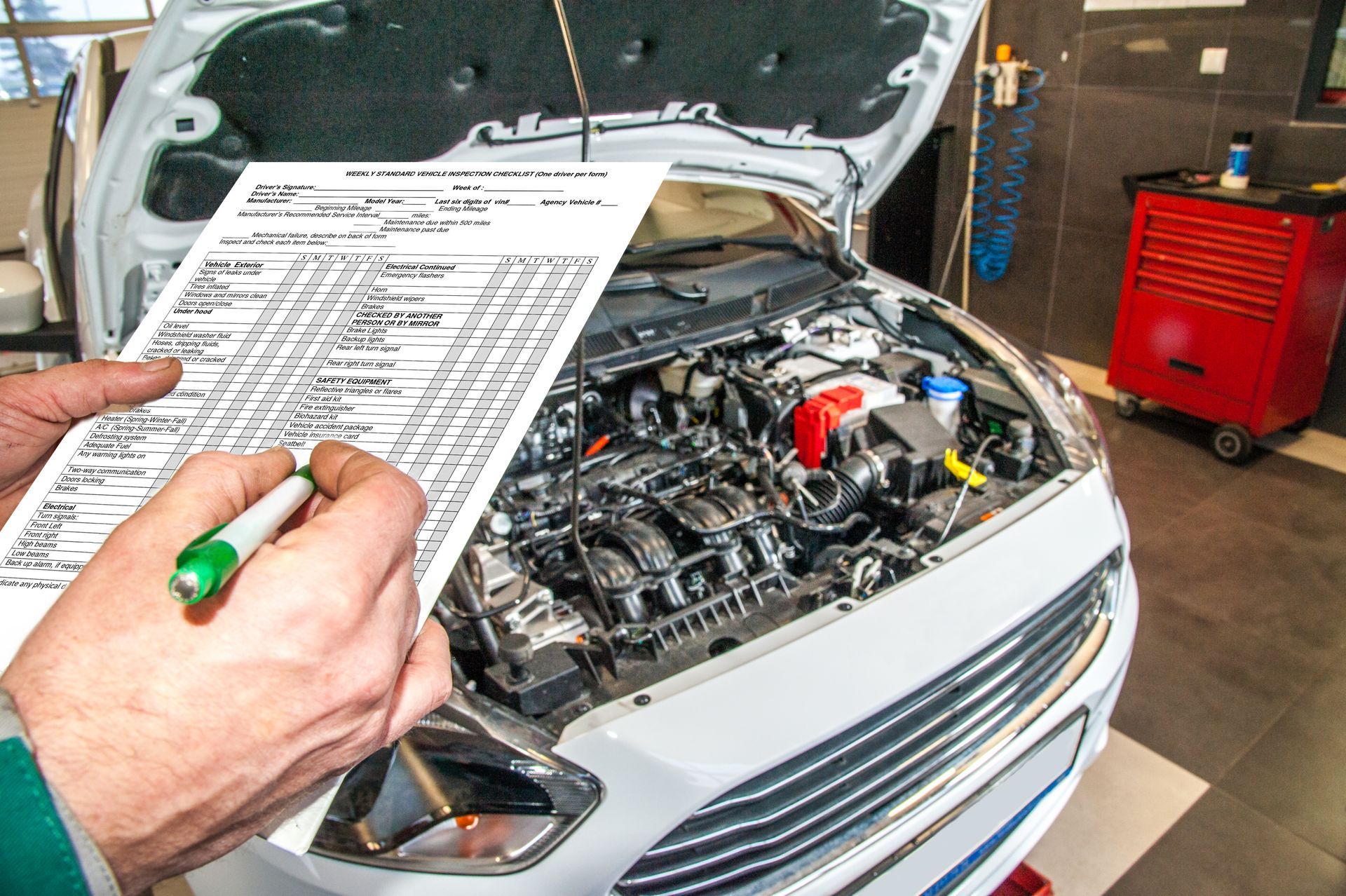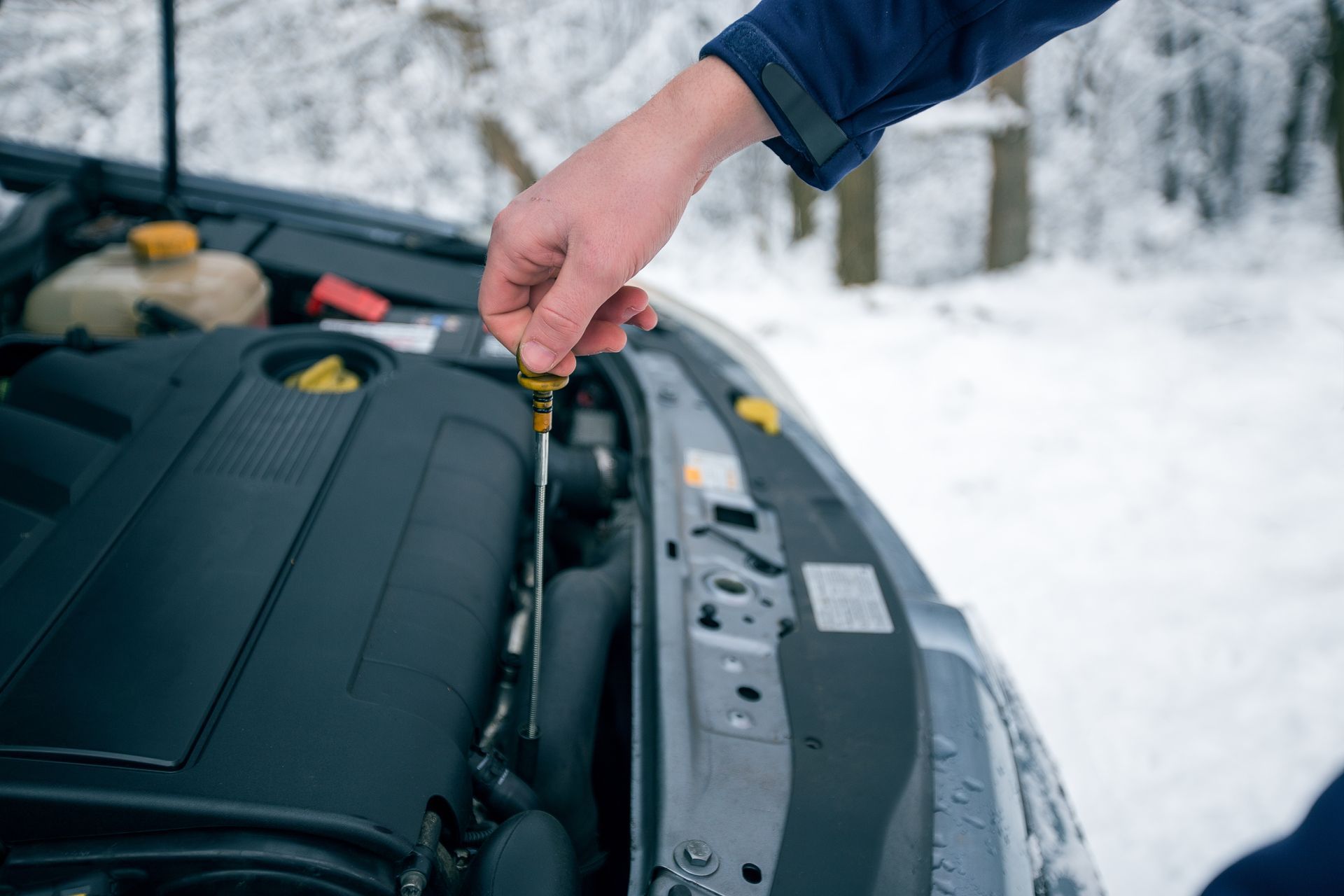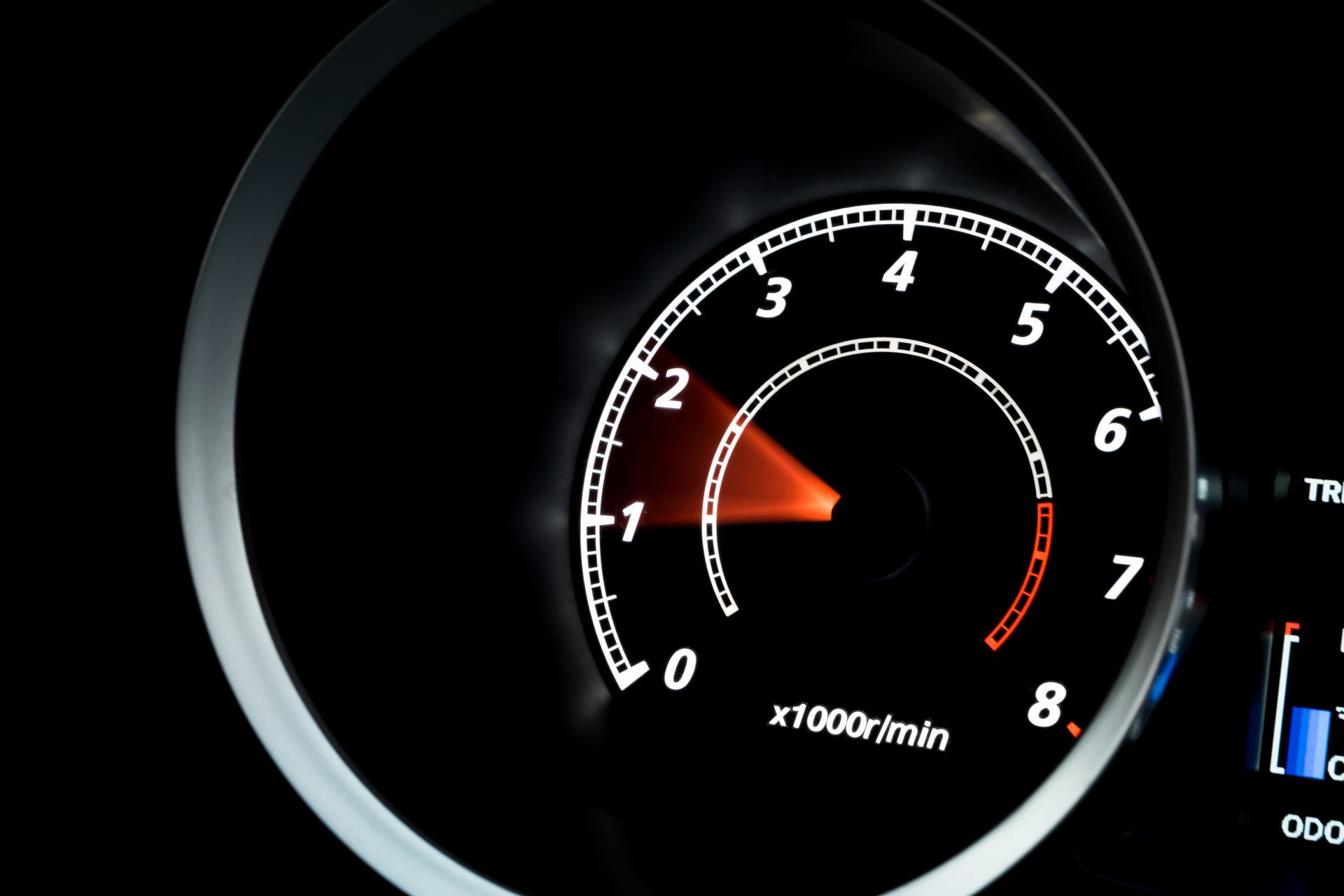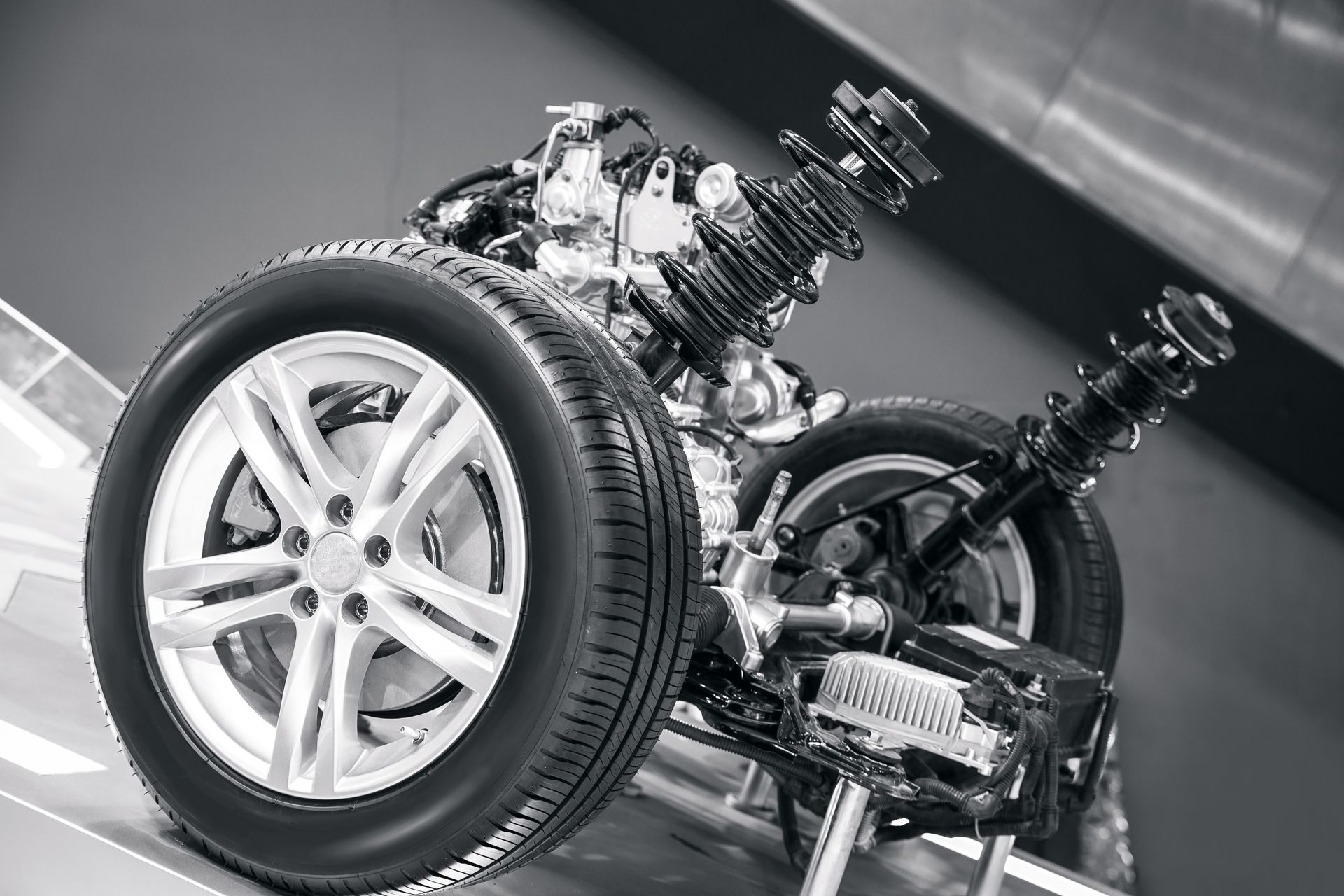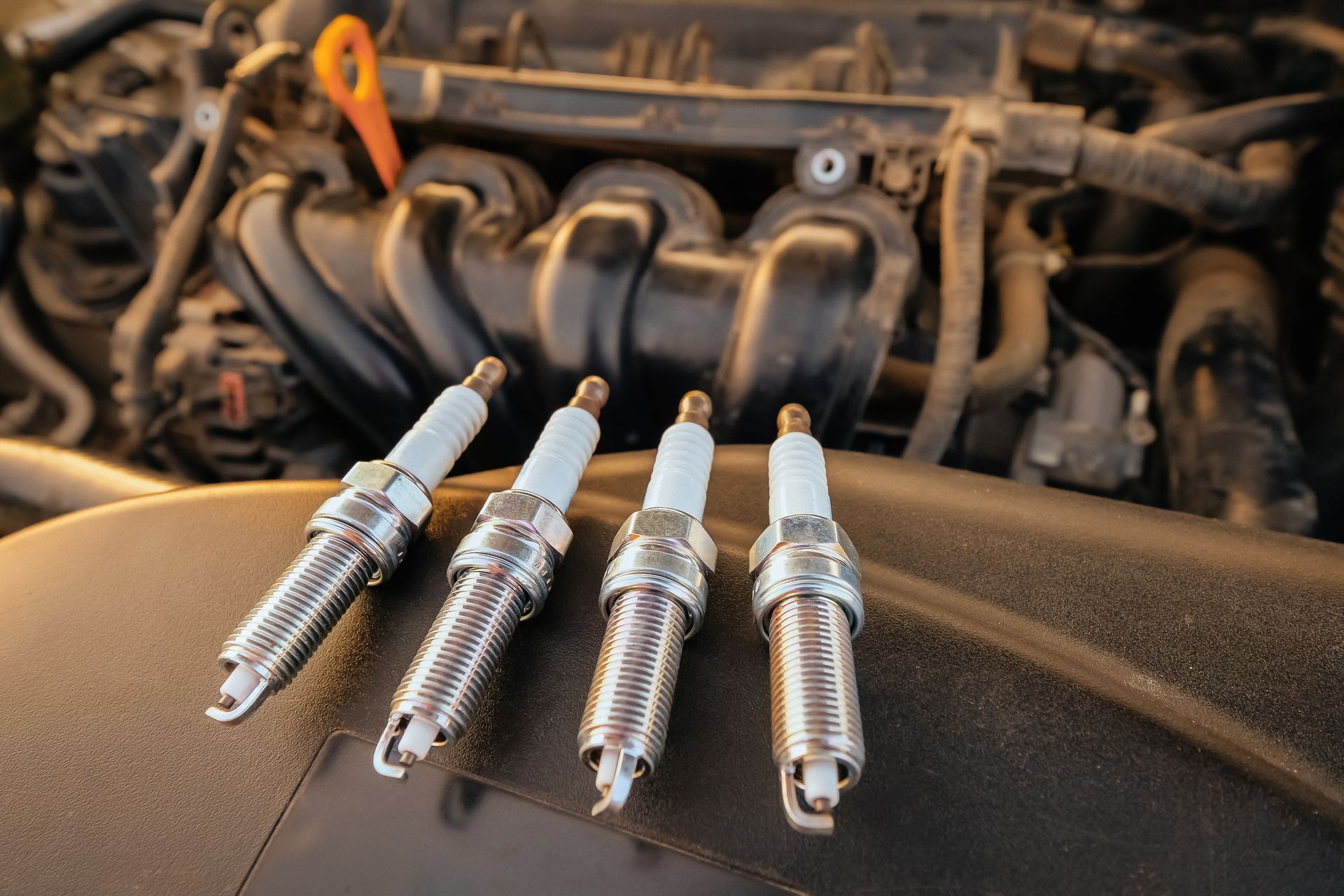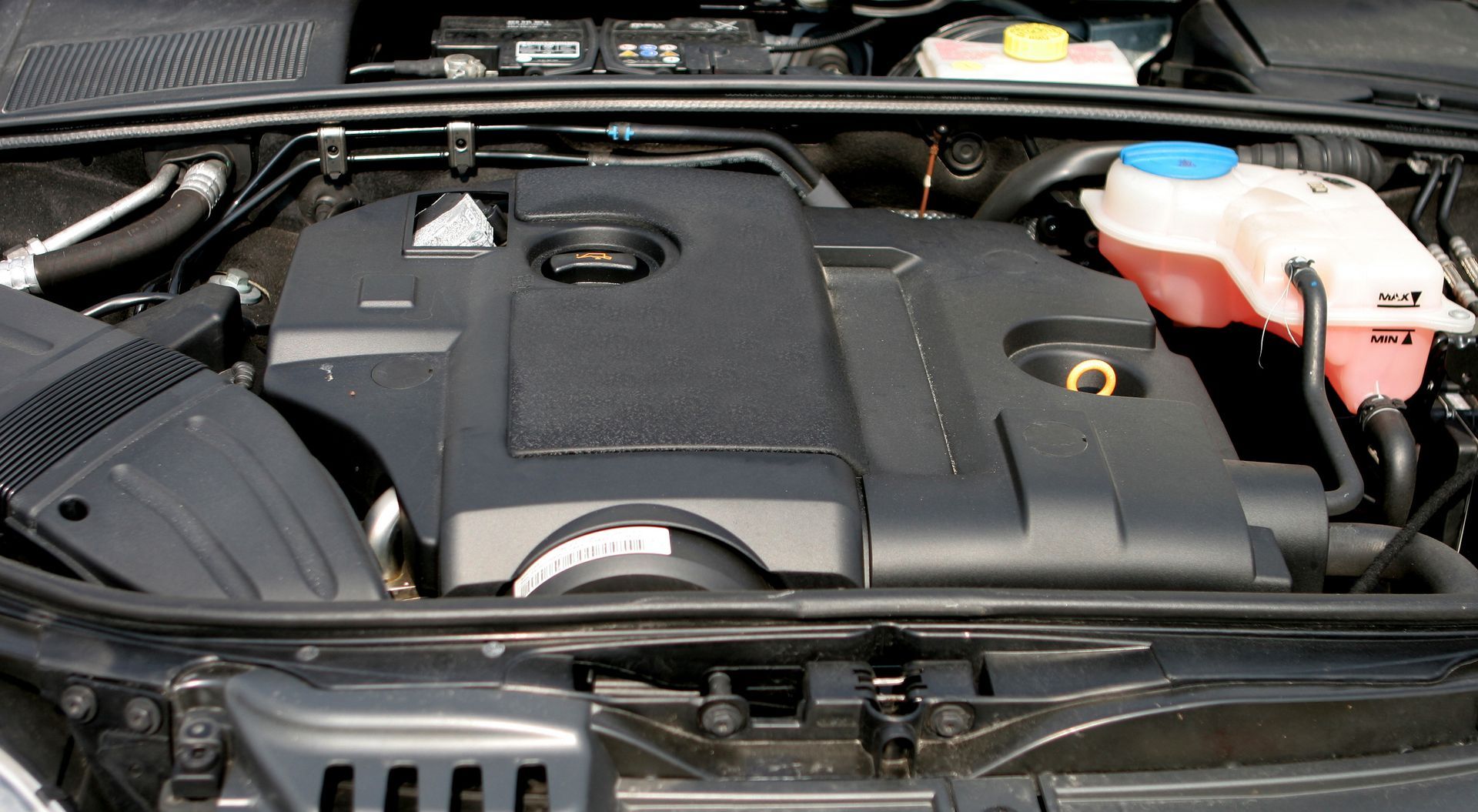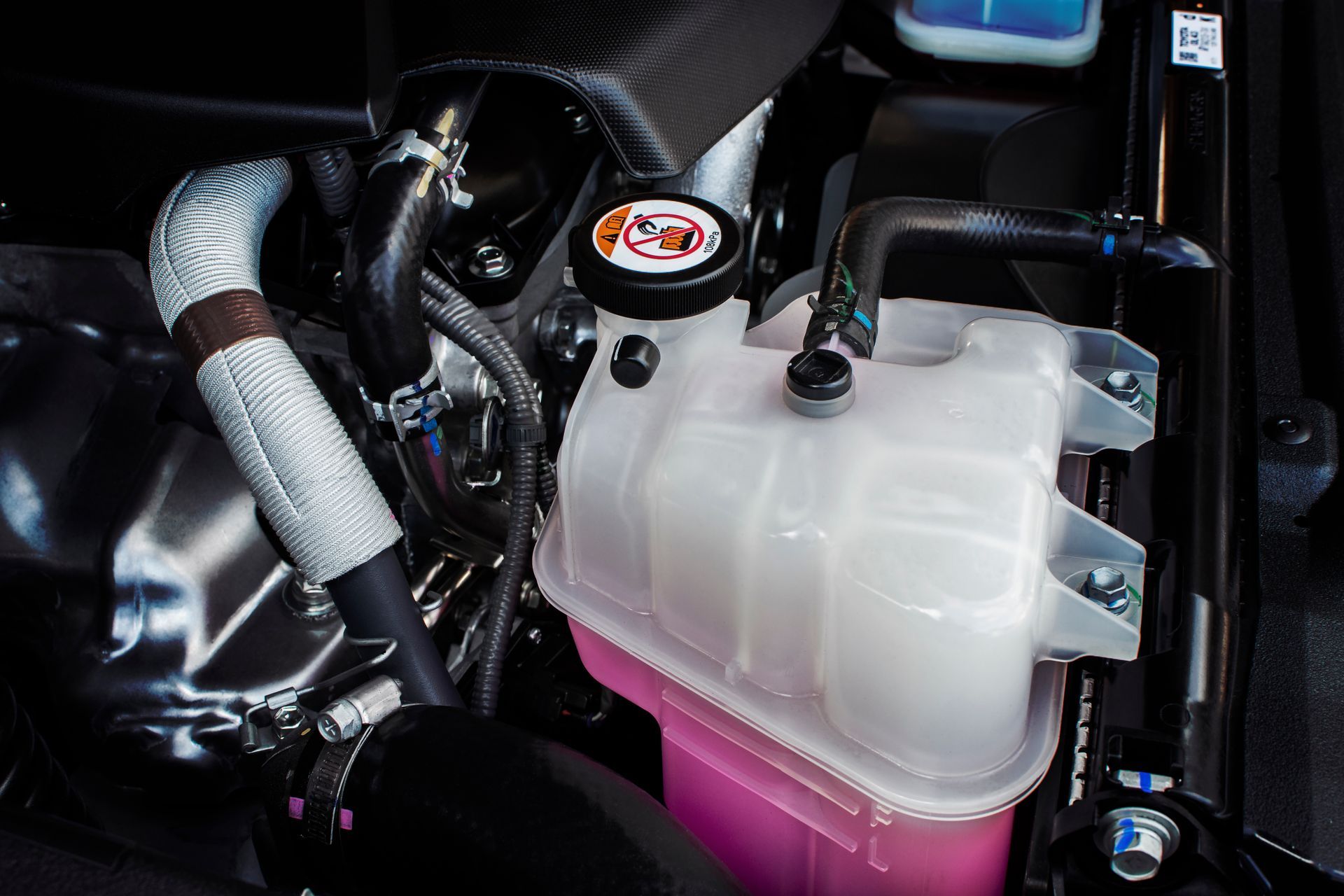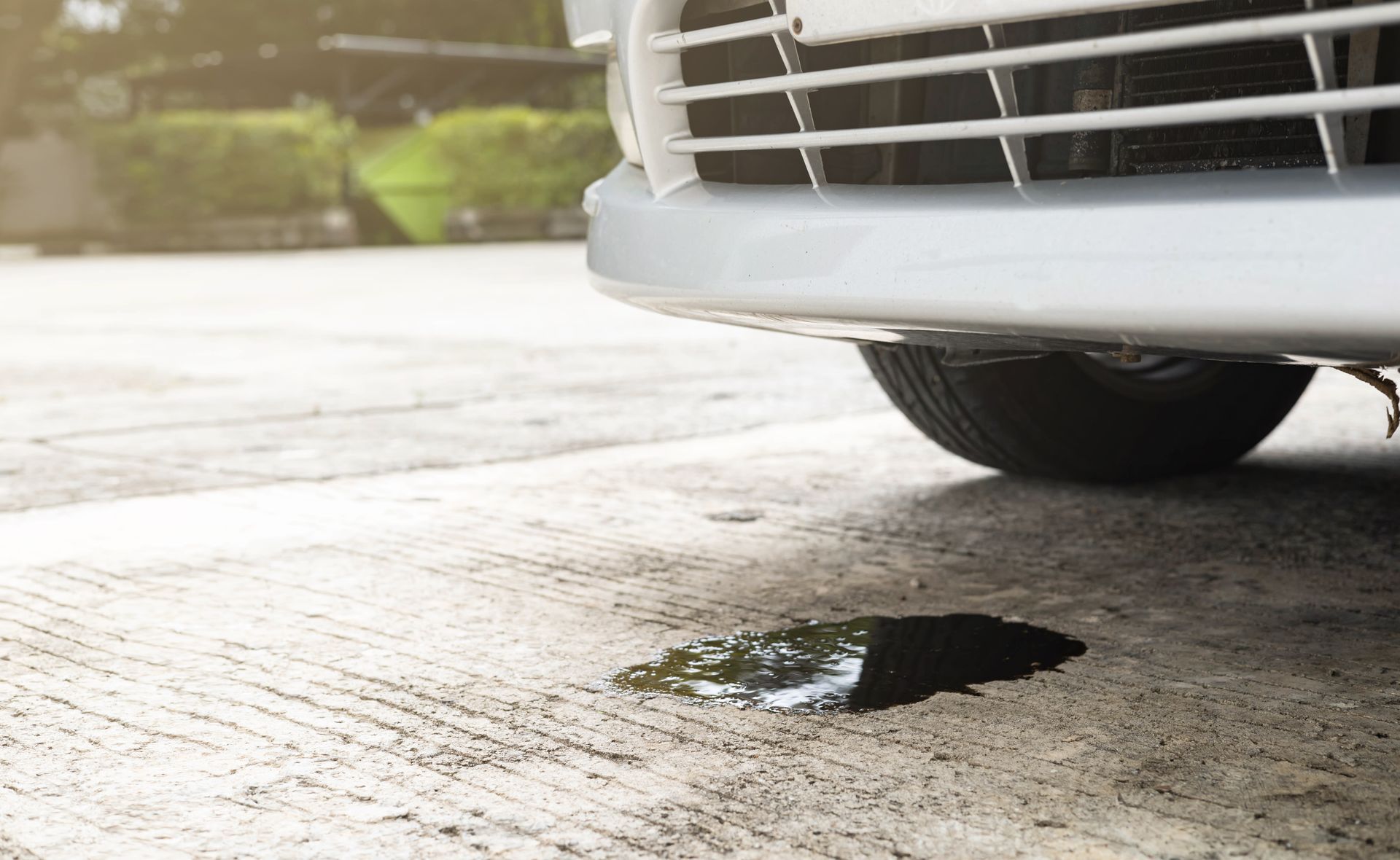Your car relies on several components to keep running, and the alternator is one of the most important. Responsible for powering your car's electrical systems and keeping the battery charged, a failing alternator can cause a host of issues that are hard to ignore. But how can you tell if your alternator is on the fritz? Recognizing the signs early can save you from getting stranded and help you avoid costly repairs.
What Does an Alternator Do
Before diving into the warning signs, let’s talk about the alternator’s role in your car. The alternator works alongside the battery to generate electricity and keep your car’s electrical systems running. From powering your headlights and radio to charging the battery itself, the alternator ensures your car has the energy it needs to function. When it starts to fail, the entire system can be thrown off balance.
Common Signs of a Failing Alternator
While the symptoms of a bad alternator can sometimes overlap with other car issues, certain warning signs are key indicators that it’s time to get it checked. Here’s what to watch out for:
1. Dimming or Flickering Lights
Have you noticed your headlights or interior lights flickering? This is one of the most obvious signs that your alternator might be struggling. Since the alternator powers the car’s electrical systems, a failing one may not provide enough energy to keep the lights consistently bright. This issue is often more noticeable at night when you rely heavily on your lights.
2. Electrical Accessories Acting Up
If your power windows, radio, or air conditioning seem sluggish or stop working altogether, the alternator could be the culprit. A faulty alternator may not produce enough electricity to keep all your accessories running at full capacity. This can lead to inconsistent performance or complete failure of these systems.
3. Dead Battery
While a dead battery can have many causes, a bad alternator is a common one. If your battery keeps dying even after being jump-started or replaced, it could be because the alternator isn’t charging it properly. This creates a cycle where the battery drains faster than it should, leaving you stuck.
4. Strange Noises
Is your car making unusual noises? A failing alternator can cause a grinding or whining sound under the hood. This is often due to a worn-out bearing or internal component within the alternator. While strange noises can be caused by other issues, they’re worth investigating if paired with other symptoms.
5. Warning Lights on the Dashboard
Most cars are equipped with a warning light on the dashboard to alert you of alternator trouble. It may appear as a battery symbol or read “ALT” or “GEN.” If this light comes on, it’s a clear sign to have your car inspected immediately. Keep in mind that the light might flicker or only appear intermittently, so don’t ignore it.
6. Burning Smell
A burning rubber or electrical smell could indicate trouble with the alternator. This smell often comes from an overheated alternator belt or frayed wires, both of which can lead to serious problems if not addressed.
7. Engine Stalling or Trouble Starting
A failing alternator can disrupt the engine's ignition system, making it hard to start your car or causing it to stall while driving. Without enough power, your car’s engine may struggle to run smoothly or even shut off unexpectedly.
Why Prompt Attention Is Important
Ignoring the signs of a failing alternator can leave you stranded at the worst possible time. When the alternator stops working, your car will rely entirely on the battery for power. Once the battery drains, your vehicle won’t start or run. Addressing alternator issues early can prevent this scenario and potentially save you from costly repairs down the line.
Getting Your Alternator Inspected and Repaired
If you’re experiencing any of the symptoms above, it’s time to have your alternator inspected by a professional. A trained technician can perform diagnostic tests to determine whether the alternator is the root cause or if another component is to blame. Don’t put off repairs, as a failing alternator can lead to further damage to your car’s electrical systems and battery.
For drivers in Charlotte, NC, finding a reliable repair shop is important for addressing alternator problems. Trusting your car to experienced professionals ensures the job is done right and gets you back on the road with confidence.
Dealing with alternator trouble? Visit
Gibbon Tire and Auto in Charlotte, NC, for
expert inspections and repairs. Schedule your appointment today to avoid unexpected breakdowns!
